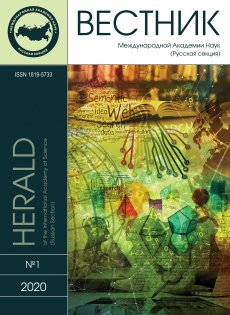Neurotrophins and Adaptation to Environmental Stimuli: Opportunities for Expanding «Therapeutic Capacity»* (Mini
S. Yu. Kryzhanovskaya, M. A. Zapara, O. S. Glazachev
Abstract
Neurotrophins are a large group of polypeptides - endogenous regulators of development (neuro- and sanoptogenesis, neuroplasticity) and regeneration of the nervous system. A wide range of neurological / neurodegenerative and mental diseases are associated with their deficiency, which actualizes the development of \"neurotrophic therapy\". Based on neurotrophins, drugs are being developed and tested for targeted therapeutic effects on neurogenesis. However, nonpharmacological stimulation of their endogenous synthesis is supposed and tested, since neurotrophins are involved in an organism’s adaptation to environmental stimuli of various nature, activating the functions of memory, attention, and cognitive processes. It is important to understand what methods and techniques based on adaptive direct and cross-effects formation to repeated extreme and sub-extreme stressors in this regard are most effective and how to correlate the dynamics of neurotrophins in blood plasma with tissue regeneration and with an increase in psychophysiological stress-resistance. In this mini-review, we tried to analyze and generalize the approaches being developed to expand the \"therapeutic potential\" of neurotrophins. Key words: neurotrophins, neurotrophic factor, adaptation, neurogenesis.
Language: russian
Summary
S. Yu. Kryzhanovskaya, M. A. Zapara, O. S. Glazachev
Neurotrophins and Adaptation to Environmental Stimuli: Opportunities for Expanding «Therapeutic Capacity»* (Mini // Electronic periodical “Herald of the International Academy of Sciences. Russian Section”, 2020. Issue #1: 36—43
